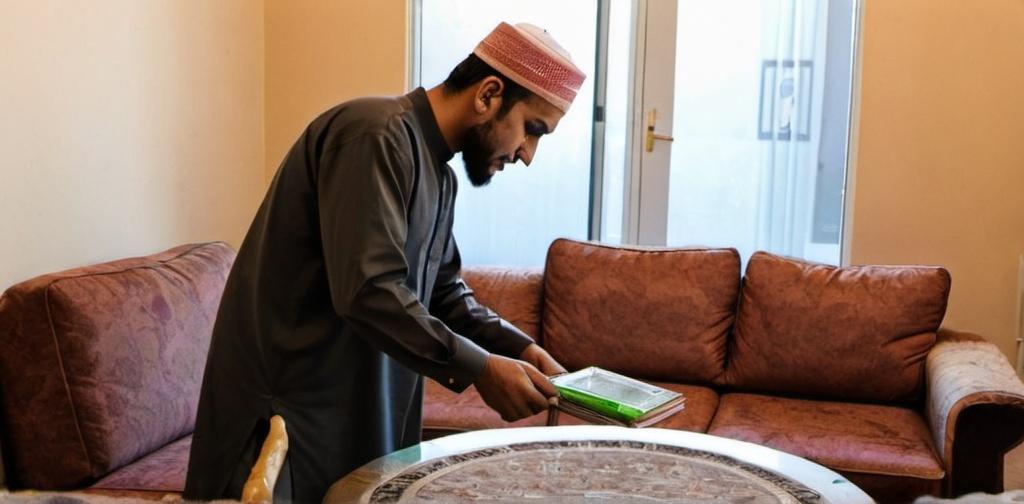Learn more about Swaps

Understanding Swaps in Islamic Finance
Swaps are an integral part of the financial markets, but when viewed through the lens of Islamic finance, they present unique considerations regarding their compliance with Shariah principles. The main issue at stake here is whether swaps are halal (permissible) or haram (forbidden).
What Are Swaps?
A swap is a financial agreement between two parties to exchange financial instruments, typically cash flows, on specific terms. These can include interest rates, currencies, or commodities. Common types include interest rate swaps, currency swaps, and commodity swaps.
Interest Rate Swaps: The Sticky Point
Interest rate swaps are the most common and involve exchanging fixed-rate interest payments for floating-rate payments. The root of the issue in Islamic finance lies with riba, or interest, which is strictly prohibited. The exchange of interest payments directly involves riba, rendering traditional interest rate swaps haram.
Currency Swaps and Shariah Principles
Currency swaps entail exchanging principal and interest in one currency for the same in another currency. The challenge here lies in ensuring the transaction is free from riba, speculation (or gharar), and gambling (maysir). Currency swaps also include interest payments, which raises red flags under Shariah law.
Commodity Swaps
Commodity swaps involve the exchange of cash flows based on price changes of a commodity like oil or natural gas. These swaps can align more closely with Islamic finance principles if structured correctly, as they can involve real assets rather than speculative elements. However, ensuring the swap maintains compliance with Sharia requirements, such as immediate exchange and avoidance of ambiguity, is crucial.
Islamic Alternatives to Swaps
To adhere to Islamic principles, alternatives to traditional swaps have been developed. These can include structures involving profit and loss sharing, asset-backed financing, and joint ventures. Here are some Islamic financial instruments that can serve as substitutes:
- Murabaha: A cost-plus-profit financial arrangement often used as a substitute for interest-based loans. However, it is less liquid and lacks the flexibility of swaps.
- Mudarabah and Musharakah: These are partnership contracts where profits are shared according to pre-agreed ratios, though they require risk-sharing between parties.
- Ijarah: A leasing agreement which can replicate some features of swaps without involving interest.
A Personal Story: From Confusion to Clarity
Years ago, I sat in a meeting where our finance team was perplexed over integrating swaps into our Islamic finance model. One of the team members blurted out, “If interest is the forbidden fruit, are swaps the whole tree?” That sparked a lively debate, ultimately leading us to explore Sharia-compliant alternatives more seriously. Their flexibility might be limited compared to conventional swaps, but you get peace of mind that aligns with your faith.
Challenges and Considerations
While Islamic finance offers alternatives to conventional swaps, they are not without challenges. The lack of liquidity and standardized contracts can hinder widespread adoption. Furthermore, Islamic financial products must also undergo rigorous scrutiny to ensure full compliance with Shariah principles.
Expert Opinions on Islamic Finance and Swaps
Experts in Islamic finance often emphasize the importance of distinguishing between interest-based swaps and Sharia-compliant alternatives. There’s a call for more innovation in financial products that can offer similar benefits to swaps without violating Islamic principles.
Conclusion
The permissibility of swaps in Islamic finance remains a topic of substantial debate. While traditional swaps often do not comply with Shariah due to their reliance on interest, Islamic finance continues to seek ways to innovate and adapt. For Muslim investors, the path forward may lie in awareness and understanding of Shariah principles and the pursuit of ethical, compliant financial products. Always consult knowledgeable Shariah scholars or professionals when investing in or designing financial products to ensure compliance.